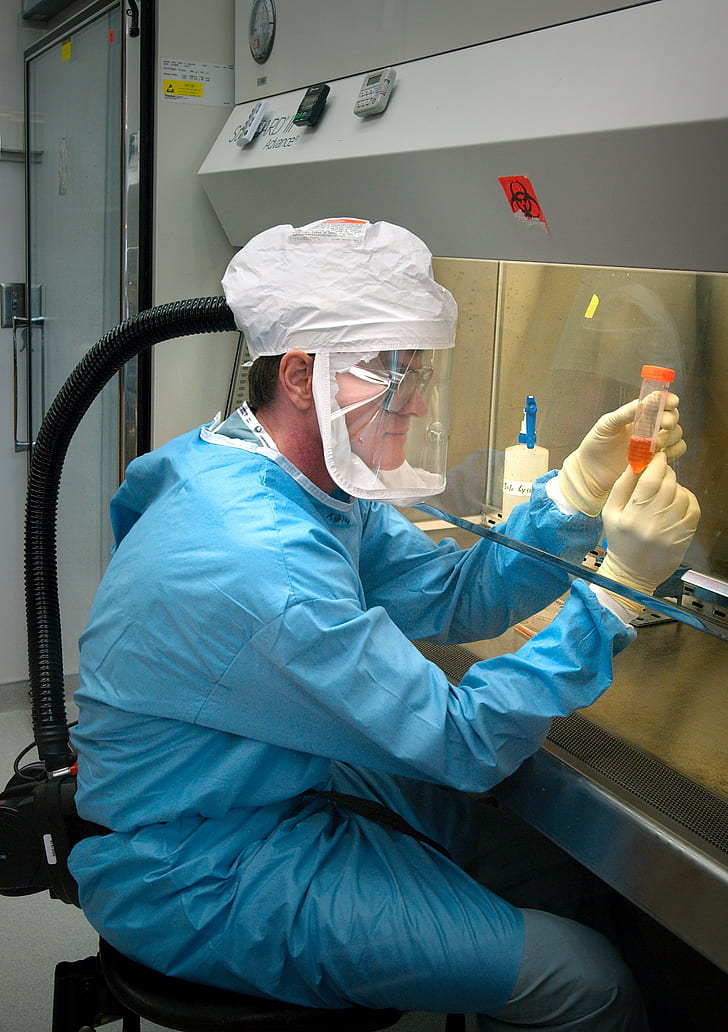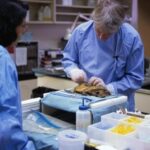The life of a forensic pathologist is a far cry from the glamorous portrayals seen on television. It is a demanding, intellectually rigorous, and emotionally taxing profession that sits at the intersection of medicine and law. These medical detectives are tasked with unraveling the mysteries of death, providing crucial insights to legal proceedings and offering closure to grieving families. The daily realities are a blend of meticulous scientific analysis and a profound understanding of the human condition, often under significant pressure.
The Core Responsibilities: Deciphering the Cause and Manner of Death
At the heart of a forensic pathologist’s duties lies the autopsy, a systematic examination of a deceased body to determine the cause and manner of death. This process is not merely a rote dissection; it requires a deep understanding of anatomy, physiology, and the pathophysiology of disease. Before even making the initial incision, the pathologist must meticulously review the decedent’s medical history, police reports, and witness statements. This contextual background is crucial for interpreting the findings at autopsy. A seemingly innocuous bruise, for example, might reveal a history of domestic abuse when coupled with the appropriate evidence.
The autopsy itself is a highly structured procedure. External examination is the first stage, noting any identifying marks, injuries, or signs of decomposition. Then comes the internal examination, where each organ system is carefully inspected, weighed, and often sampled for microscopic analysis. Toxicology testing is another common and essential component, as drugs or poisons can often be implicated in unexpected deaths. Histological examination of tissue samples provides microscopic insights into cellular changes, aiding in the diagnosis of diseases or injuries that may not be visible to the naked eye. This comprehensive approach allows the forensic pathologist to piece together the events leading to death with considerable accuracy.
Beyond the Autopsy Suite: Investigations and Courtroom Testimony
The work of a forensic pathologist extends beyond the autopsy table. They are often called upon to visit crime scenes, offering their expertise to law enforcement in interpreting the context of the death. They might assess the position of the body, the presence of blood spatter, or the potential mechanisms of injury. This collaboration with investigators is invaluable in ensuring that all relevant evidence is collected and properly preserved.
Furthermore, forensic pathologists play a critical role in the legal system. They frequently testify in court as expert witnesses, presenting their findings and conclusions to judges and juries. This requires not only a thorough understanding of the medical aspects of the case but also the ability to clearly and concisely communicate complex scientific information to a lay audience. Cross-examination can be intense, and the pathologist must be prepared to defend their opinions against challenges from opposing counsel. The stakes are often high, as the outcome of the trial may hinge on the pathologist’s testimony.
The Emotional Toll and Ethical Considerations
The constant exposure to death and suffering inevitably takes an emotional toll on forensic pathologists. They must maintain a professional detachment while dealing with graphic scenes, grieving families, and the complexities of human tragedy. Developing coping mechanisms and a strong support system is essential for maintaining their own well-being. Many find solace in the fact that their work provides answers and brings closure to those affected by loss.
Ethical considerations are also paramount. Forensic pathologists must remain objective and unbiased in their investigations, regardless of personal feelings or external pressures. They have a responsibility to accurately report their findings, even if those findings are unpopular or contradict initial assumptions. Maintaining integrity and adhering to the highest ethical standards is crucial for upholding the credibility of the profession and ensuring justice is served.
Specializations Within Forensic Pathology
The field of forensic pathology is not monolithic; there are several subspecialties that offer focused expertise. Neuropathology, for example, focuses on diseases of the brain and nervous system, playing a crucial role in cases involving head trauma or neurodegenerative disorders. Forensic odontology utilizes dental evidence for identification and bite mark analysis. Forensic anthropology focuses on the examination of skeletal remains, often assisting in the identification of unidentified bodies or in cases involving ancient remains. Each subspecialty requires additional training and expertise, allowing for a more nuanced approach to complex cases.
The Future of Forensic Pathology: Advancements in Technology and Training
The field of forensic pathology is constantly evolving, driven by advancements in technology and research. Virtual autopsy techniques, such as post-mortem CT scanning and MRI, are becoming increasingly common, offering a non-invasive way to visualize internal injuries and diseases. Molecular pathology is also playing a greater role, allowing for the identification of genetic markers and the detection of subtle changes in tissue that can provide clues to the cause of death. Furthermore, ongoing research into the mechanisms of injury and disease is continually refining the understanding of how death occurs.
The training pathway for forensic pathologists is long and demanding, typically involving four years of medical school, followed by four years of residency in anatomic and clinical pathology, and then a one- to two-year fellowship in forensic pathology. This rigorous training ensures that forensic pathologists are well-equipped to handle the complex challenges of their profession. Continuing medical education is also essential for staying up-to-date with the latest advances in the field.
In conclusion, being a forensic pathologist is a challenging but rewarding career. It requires a unique combination of scientific expertise, investigative skills, and emotional resilience. These professionals play a vital role in the pursuit of justice, providing answers to difficult questions and offering closure to those who have lost loved ones. Their dedication to truth and their commitment to ethical practice make them indispensable members of the medical and legal communities.










Leave a Comment